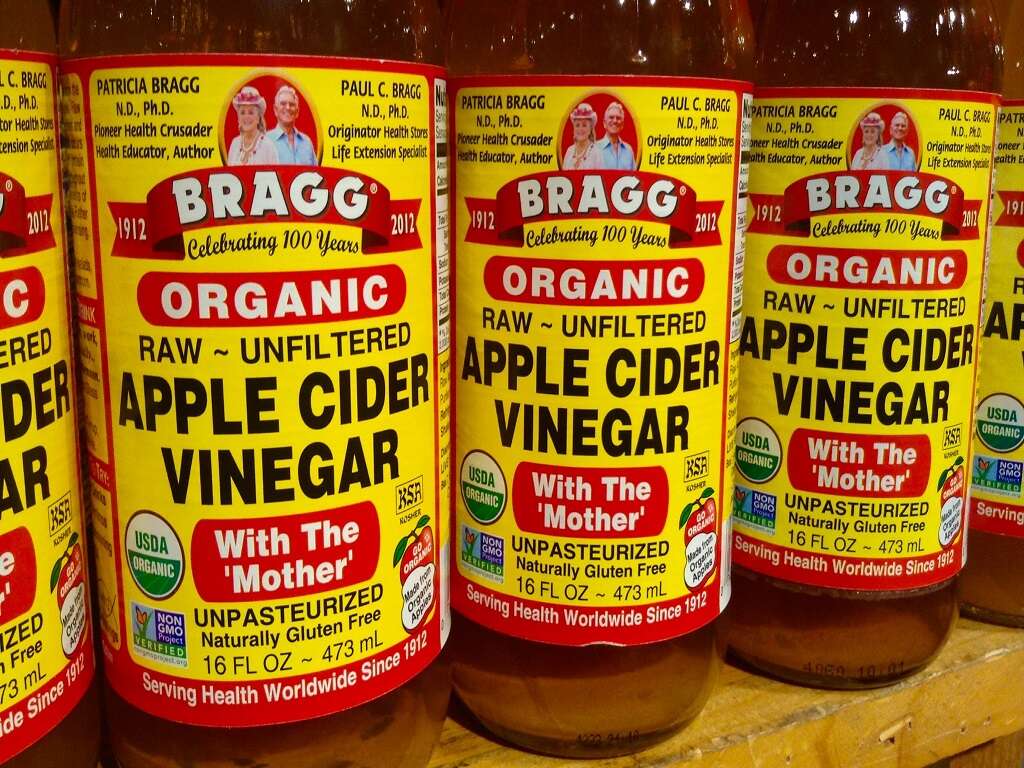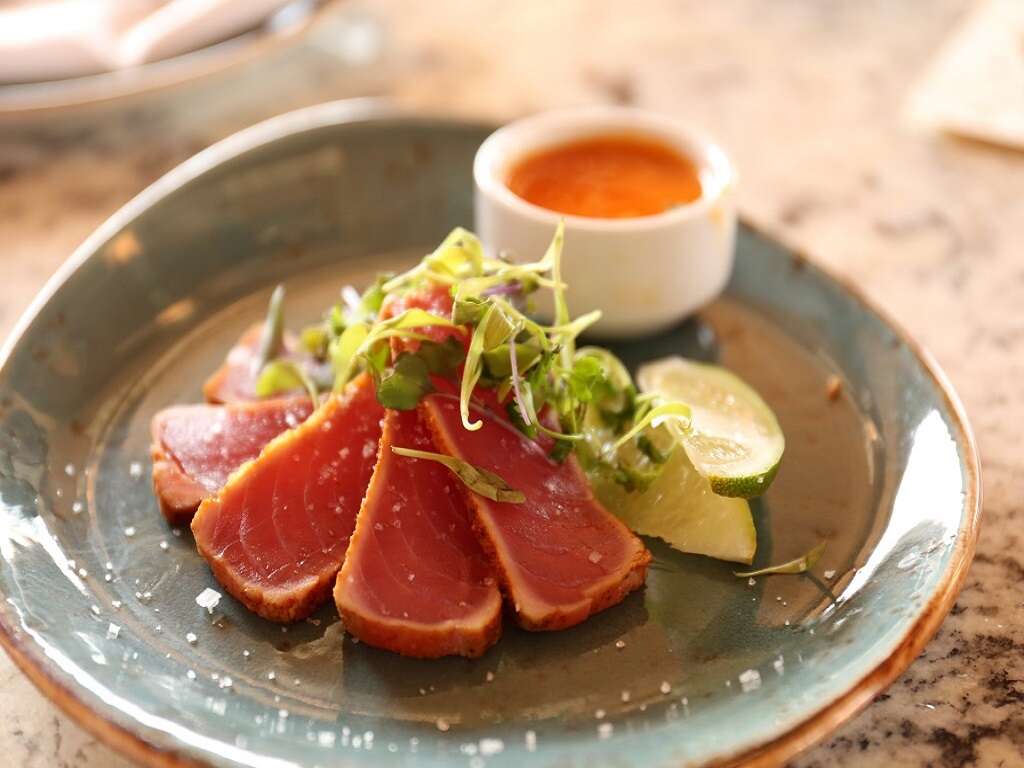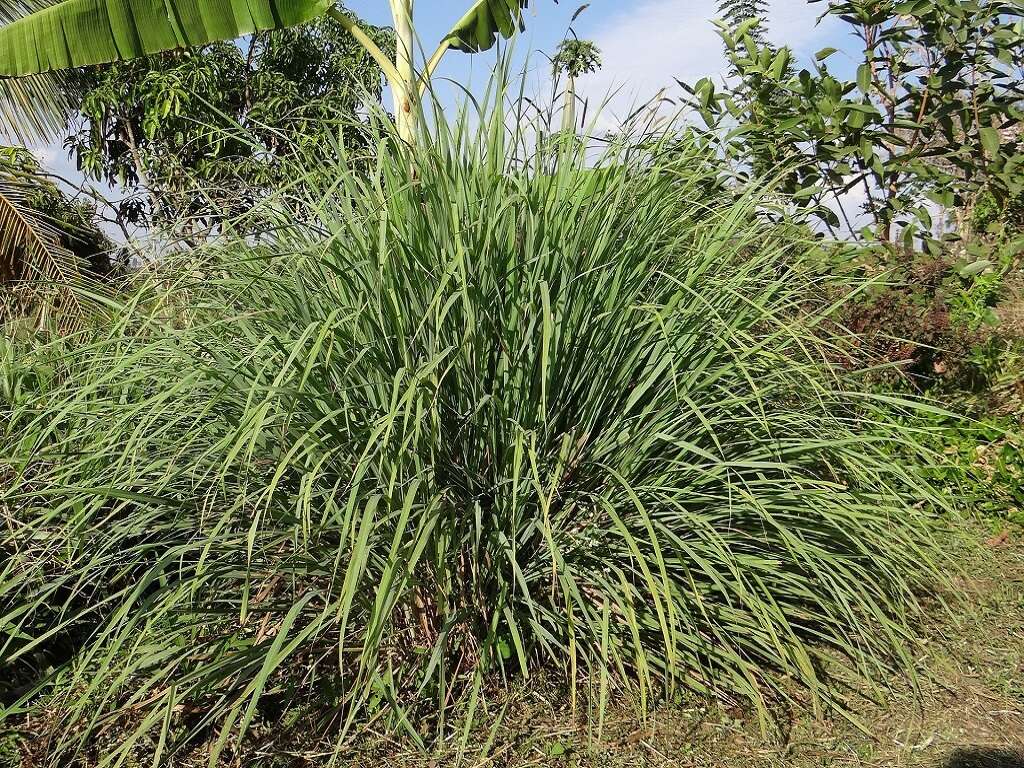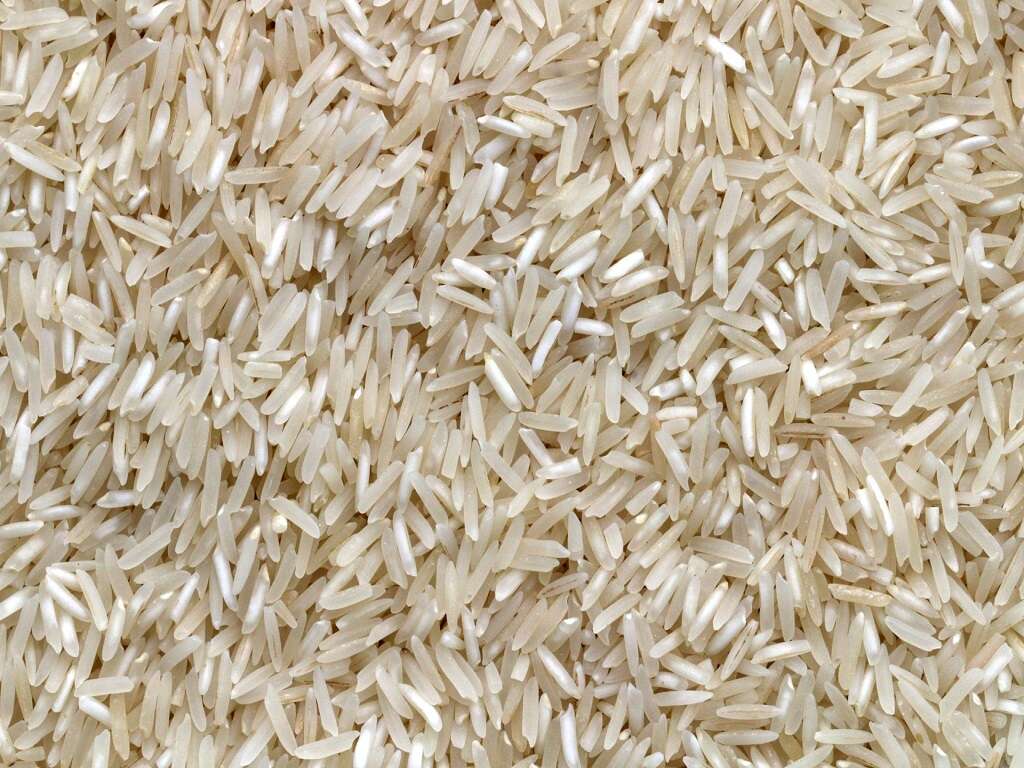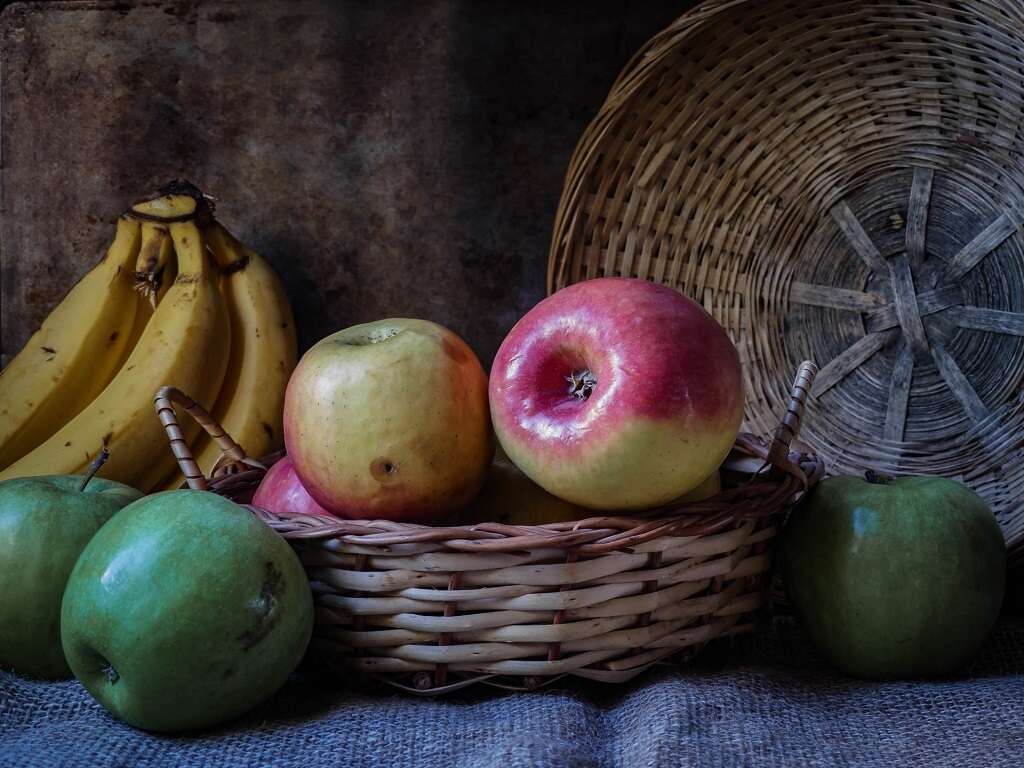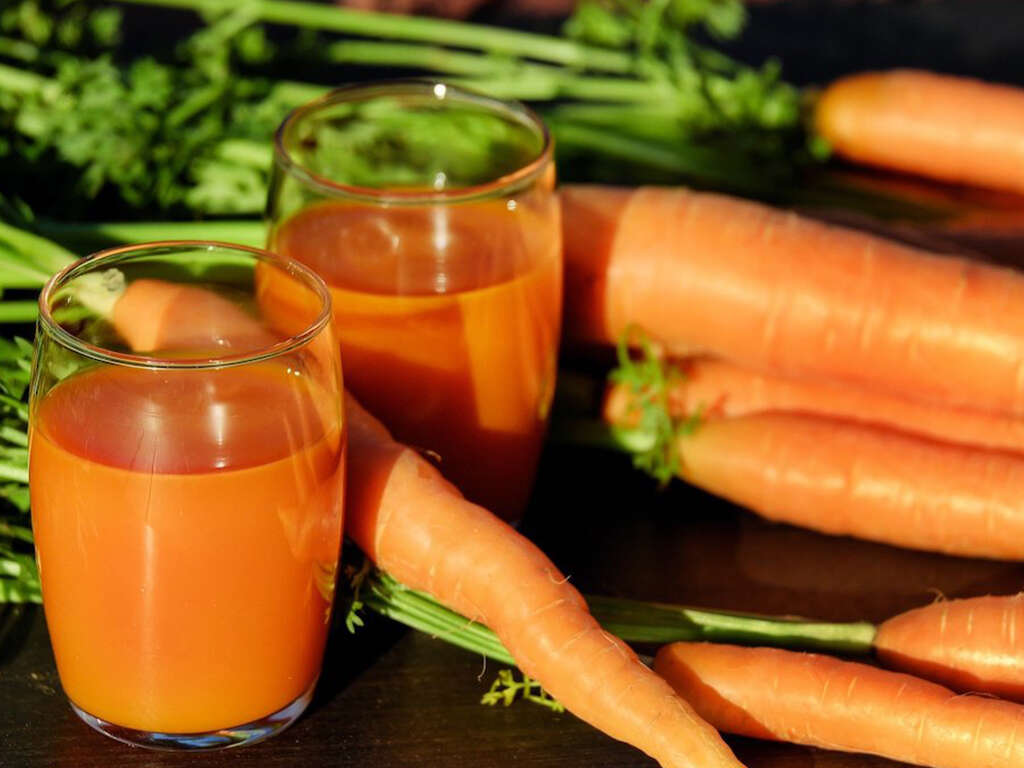Health Benefits of Cloves
 Article Sources
Article Sources
- 1. Cortes-Rojas, Diego Francisco, et al. 'Clove (Syzygium Aromaticum): a Precious Spice.' PubMed Central (PMC), Feb. 2014, www.ncbi.nlm.nih.gov/pmc/articles/PMC3819475
- 2. Kuroda, Minpei, et al. 'Hypoglycemic Effects of Clove (Syzygium Aromaticum Flower Buds) on Genetically Diabetic KK-Ay Mice and Identification of the Active Ingredients.' PubMed, Journal of National Medicine, Apr. 2012, pubmed.ncbi.nlm.nih.gov/21987283
- 3. 'Spices, cloves, ground.' FoodData Central, U.S. Department of Agriculture, 1 Apr. 2019, fdc.nal.usda.gov/fdc-app.html#/food-details/171321/nutrients
- 4. 'Manganese.' Mount Sinai Health System, www.mountsinai.org/health-library/supplement/manganese
- 5. Santin, Jose, et al. 'Gastroprotective Activity of Essential Oil of the Syzygium Aromaticum and Its Major Component Eugenol in Different Animal Models.' PubMed, 8 Dec. 2010, pubmed.ncbi.nlm.nih.gov/21140134
- 6. Hu, Qiao, et al. 'Progress on the Antimicrobial Activity Research of Clove Oil and Eugenol in the Food Antisepsis Field.' Wiley Online Library, Journal of Food Science, 26 May 2018, onlinelibrary.wiley.com/doi/full/10.1111/1750-3841.14180
Food Poisoning Preventative
The eugenol in cloves and its antimicrobial properties may help prevent food poisoning.6Hu, Qiao, et al. ‘Progress on the Antimicrobial Activity Research of Clove Oil and Eugenol in the Food Antisepsis Field.’ Wiley Online Library, Journal of Food Science, 26 May 2018, onlinelibrary.wiley.com/doi/full/10.1111/1750-3841.14180 Clove oil may be a good candidate as a food preservative because it has been shown to fight bacteria that grow on food, such as salmonella and E.coli.
Research from 2009 also suggests that clove oil may attack listeria growth. With these results and indications, using clove oil as a food poisoning preventative deserves further research.
Advertisement



